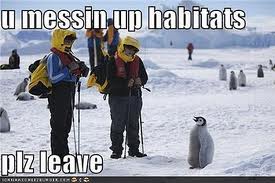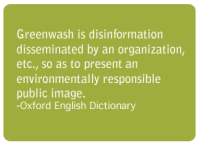Ebola is on everybodies lips.
Well, if it isn’t it should be.
First West Africa, then the USA, then Spain, then Macedonia and the latest in France. All have had cases and in some cases deaths from Ebola. And, it’s going to get a lot worse.
How saving West African forests might have prevented the Ebola epidemic
Deforestation has destroyed much of the region’s habitat for fruit bats – and put these Ebola carriers into greater contact with people

African fruit bats – Ebola virus carriers – are losing habitat to deforestation, leading to more encounters with people. This could be what led to the current Ebola outbreak in West Africa. Photograph: David Brossard/flickr
The world now knows in great detail how Thomas Eric Duncan, a man who just a few weeks ago showed admirable compassion for a sick, pregnant neighbor in Liberia, has become the first person to come down with Ebola in the United States.
What is less well known is how the virus came to West Africa to infect Duncan’s neighbor. Knowing and acting on that story is absolutely critical if we hope to contain future outbreaks of Ebola and other scary diseases before they turn into global headlines.
The Ebola epidemic in West Africa may have surprised most of the medical establishment – this is the first such outbreak in the region – but the risk had been steadily rising for at least a decade. The risk had grown so high, in fact, that this outbreak was almost inevitable and very possibly predictable.
All that was needed was to see the danger was a bat’s eye view of the region. Once blanketed with forests, West Africa has been skinned alive over the last decade. Guinea’s rainforests have been reduced by 80%, while Liberia has sold logging rights to over half its forests. Within the next few years Sierra Leone is on track to be completely deforested.
This matters because those forests were habitat for fruit bats, Ebola’s reservoir host. With their homes cut down around them, the bats are concentrating into the remnants of their once-abundant habitat. At the same time, mining has become big business in the region, employing thousands of workers who regularly travel into bat territory to get to the mines.

Industrial kimberlite diamond pit mine in Sierra Leone, West Africa owned by Koidu holdings, one of a number of international mining companies who have come to Sierra Leone in search of diamonds. Mining is among major factors driving deforestation of the region. Photographer: David Levene
The result: virus, bats and people have had more opportunities to meet.
Source: TheGuardian Read more
Opinion:
I don’t really need to say much, except that the greed of corporate Earth has brought this on us.
Man has done it again!
By all that I have read about this, Ebola will make AIDS look like a case of measles; and look at the scare that gave us.
The shit has hit the fan!





















Posted by lethally on October 11, 2014 at 12:40 am
..And I don’t need to say anything, except that I agree with you completely 😦
LikeLike
Posted by argentumvulgaris on October 11, 2014 at 6:03 am
>lethally, and yesterday the first suspected case here in Brazil…
AV
LikeLike
Posted by lethally on October 12, 2014 at 12:31 am
Oh no really?
😦
LikeLiked by 1 person
Posted by argentumvulgaris on October 12, 2014 at 1:23 pm
As luck would have it, the first test turned out negative, the second sample to confirm that result is being taken today.
AB
LikeLike